Publication of SOMO report ‘Mining Taxes’
The publication “Mining taxes” explains how the mining giant Rio Tinto, and its Canadian subsidiary Turquoise Hill Resources, avoided nearly $470 million in Canadian taxes by using mailbox companies in two tax havens, Luxembourg and the Netherlands.
The publication also shows how an abusive investment agreement covering the Oyu Tolgoi copper and gold mine has resulted in a $230 million tax revenue loss for Mongolia. All in all, Rio Tinto’s tax schemes lead to nearly $700 million tax revenue losses for Canada and Mongolia.


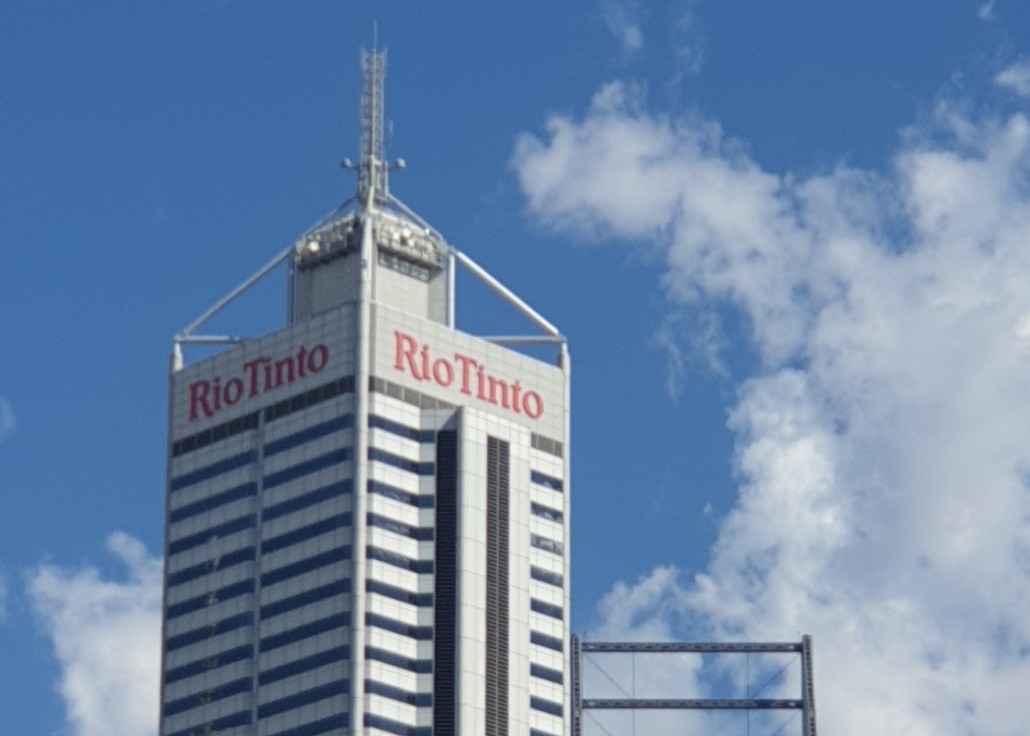 Uttamstef12 via Wikimedia CC3.0
Uttamstef12 via Wikimedia CC3.0 Adwo via Shutterstock
Adwo via Shutterstock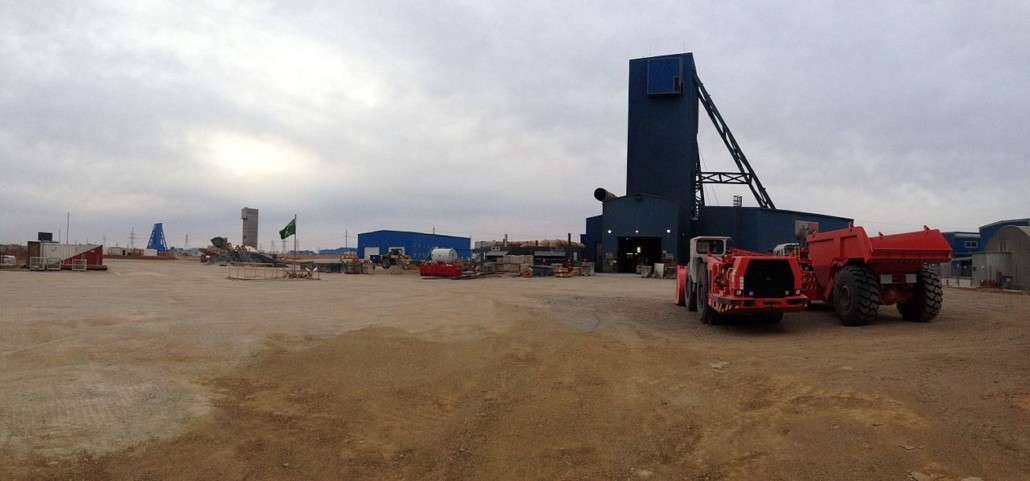
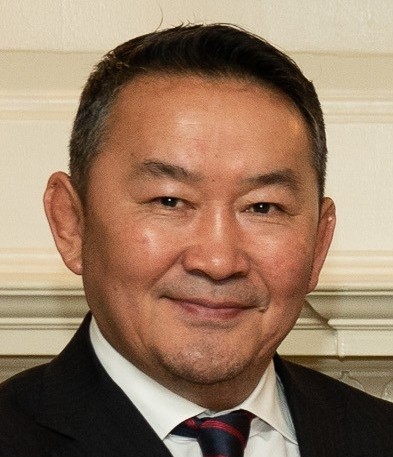 White-House-Washington-DC-via-Wikimedia-CC0
White-House-Washington-DC-via-Wikimedia-CC0 Unsplash CC0
Unsplash CC0 Alan Levine via Flickr CC0
Alan Levine via Flickr CC0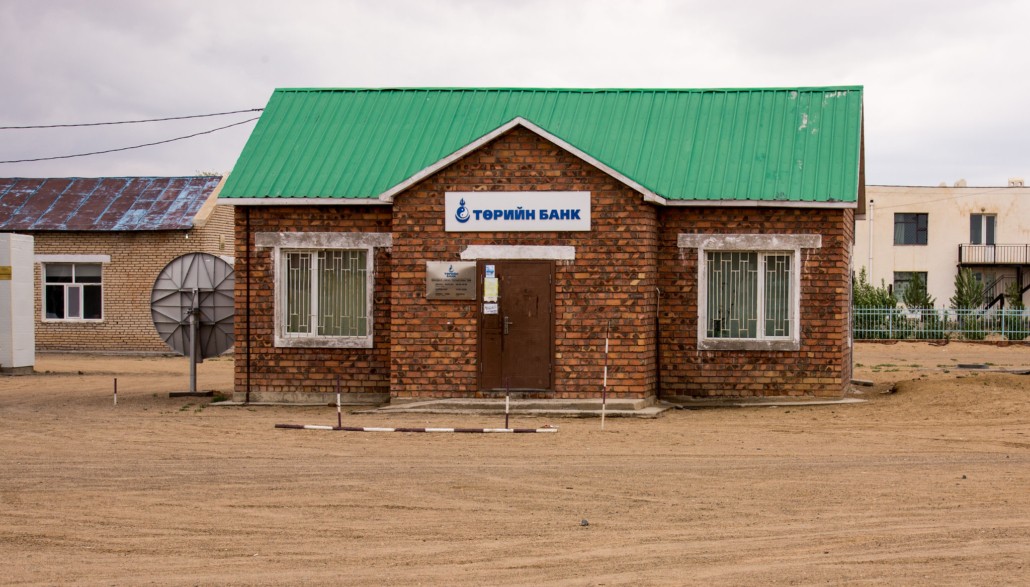 Vaiz Ha via Flickr CC2.0
Vaiz Ha via Flickr CC2.0  Aslysun via Shutterstock
Aslysun via Shutterstock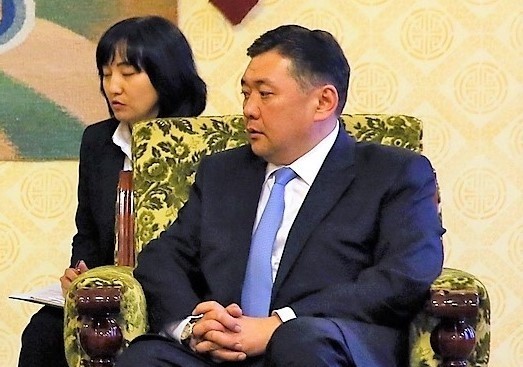 Government.ru via Wikimedia CC BY 4.0
Government.ru via Wikimedia CC BY 4.0